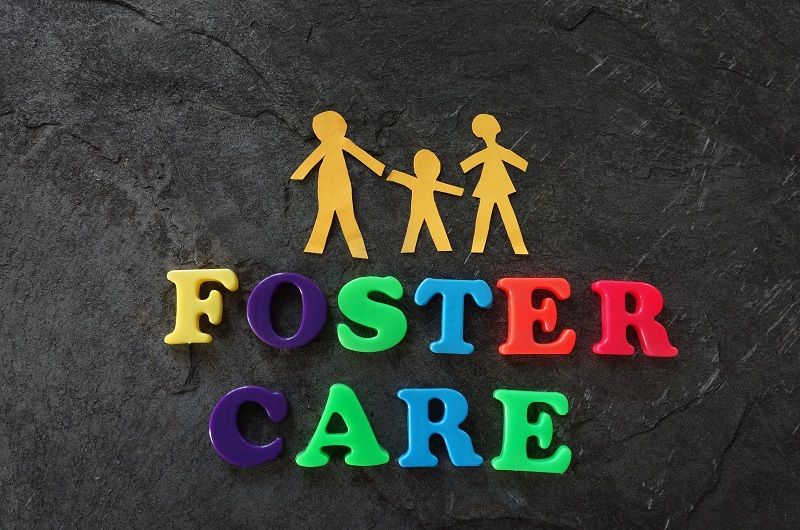
Dr. David MacDonald is a co-founder of the American Association of Patients and Providers. Talk with him and he’ll provide numerous examples of decreasing health care costs in Oregon and across the country. From routine lab tests to MRIs to office visits, cost reductions are happening, he explains, because patients and physicians are once again becoming active consumers.
This trend is gaining momentum. The results will be more affordable health care, and protection of the patient-physician relationship. Unfortunately, advocates of a so-called single-payer system in Oregon wish to go in the opposite direction. Their proposal would replace personal, private health care decisions with more decisions made by politicians and bureaucrats.
Federal and state governments already play a major role in health care. If costs are high, it stands to reason that government is a major part of the problem. An even bigger role will make the problem worse.
Implemented in 1994, the Oregon Health Plan (OHP) was sold to voters as a low-cost way to provide health care for those who couldn’t afford it. The reality: the cost of the OHP has increased significantly over the years. The OHP hasn’t contained health care costs.
Sue A. Blevins, author of Medicare’s Midlife Crisis, informs us that Medicare is the largest government health program in the United States and the world. She notes, Medicare’s annual expenditures “will double over the next decade alone … Medicare expenditures as a percentage of federal spending are expected to rise from 12 percent currently to 25 percent by mid-century.”
Government-run health care systems do not control costs. Even worse, they put politicans and bureaucrats in charge of personal, private decisions.
© 2006, Cascade Policy Institute. All rights reserved. Permission to reprint in whole or in part is hereby granted, provided the author and Cascade Policy Institute are cited. Contact Cascade at (503) 242-0900 to arrange print or broadcast interviews on this topic. For more topics visit the QuickPoint! archive.











